World War One Chorley ambulancemen and nurses: Many lost their lives but because of them countless people survived
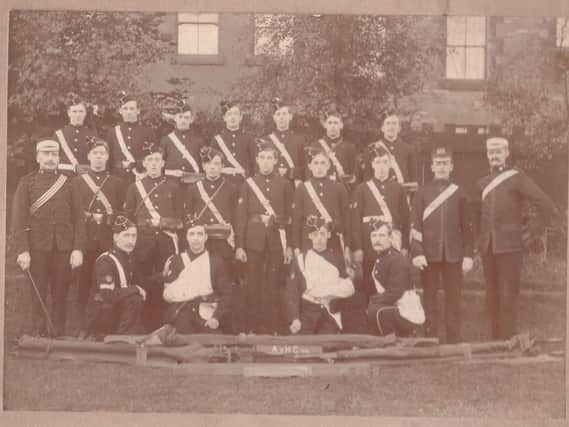

As the Chorley Guardian reflects on the 150 years since it first published, we're telling the stories which have touched our community. We continue to look back in our Chorley 150 series with local historian Stuart Clewlow
When Britain went to war in August 1914, some of the first servicemen to leave the borough were the local Territorial soldiers.
Advertisement
Hide AdAdvertisement
Hide AdThey were the weekend soldiers who, although not obliged to leave the country, they volunteered to serve in action abroad.
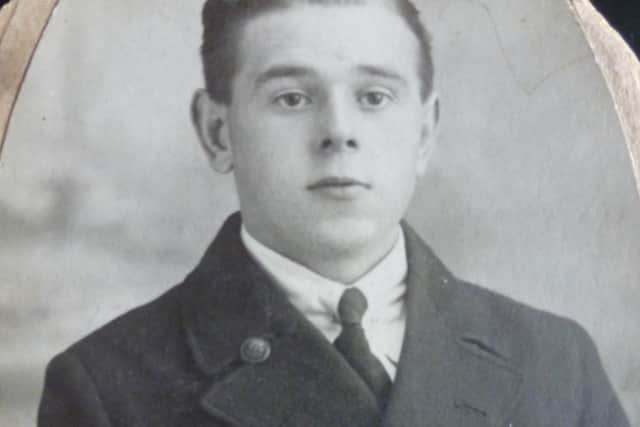

As well as those who enlisted into the many various regiments and services, there then came the famous ‘Pals’ battalions.
However, one of the largest contingents to leave our area were ambulance men.
By 1916, over 90 men who had been trained at the Adlington & Heath Charnock branch of St. John Ambulance had joined the Armed Forces and were serving around the world, as too were a large number who had trained at Chorley.
Advertisement
Hide AdAdvertisement
Hide AdMany volunteered their services immediately and left the town by railway in August 1914.
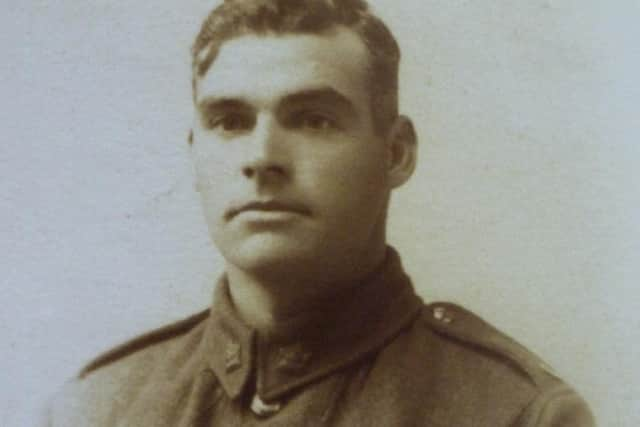

While an obvious branch of service was the Royal Army Medical Corps, a considerable number were transferred or volunteered to join the Royal Navy Auxiliary Sick Berth Reserve.
Although these men were not armed fighting soldiers, they were still very much in the thick of action.
The difference was that these men were dodging the shrapnel and bullets, to try and assist the wounded and striving to preserve life.
Advertisement
Hide AdAdvertisement
Hide AdWhilst trying to save others, many local men lost their lives.
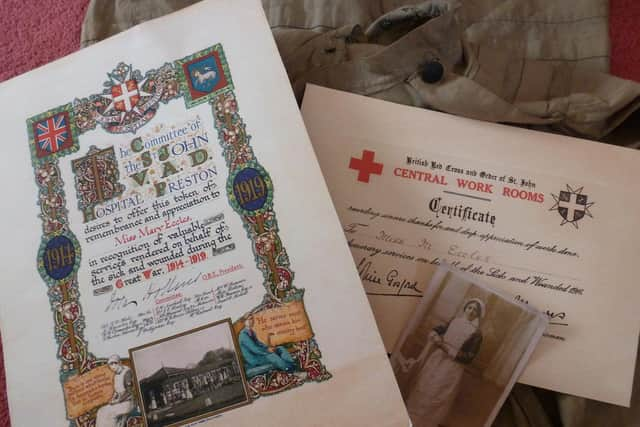

But just how many men must have owed their survival to the courageous and humanitarian actions of the ambulance men trained in Chorley & District?
An often overlooked aspect of World War One is the role played by women from the district who also volunteered to serve alongside the Armed Forces.
They too were pre-war members of St. John Ambulance and many others joined the Red Cross, other nursing detachments or entered munition production factories.
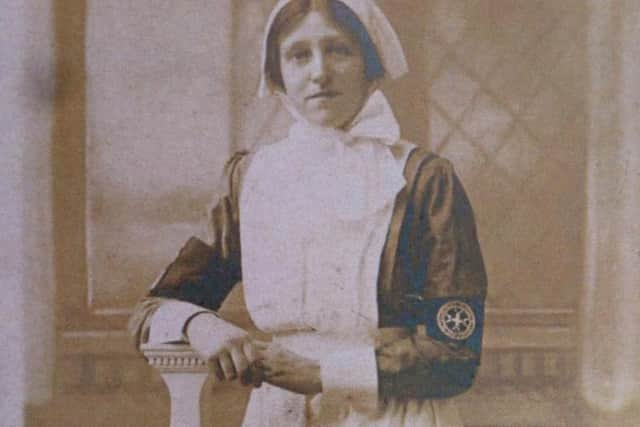

Advertisement
Hide AdAdvertisement
Hide AdSome women ended up behind the lines in France and Belgium tending to the wounded, while some travelled throughout the south of England nursing in convalescent homes and at military depots.
Whilst we often acknowledge the service of the Chorley Terriers and the Chorley Pals we should also pause to remember the selfless service and dedication to the preservation of life by so many from the district.
Chorley 150 countdown
This story is part of our Chorley 150 series to mark the 150th anniversary of the Chorley Guardian.
If you'd like to suggest a story for this Chorley 150 series then email [email protected]
Comment Guidelines
National World encourages reader discussion on our stories. User feedback, insights and back-and-forth exchanges add a rich layer of context to reporting. Please review our Community Guidelines before commenting.
